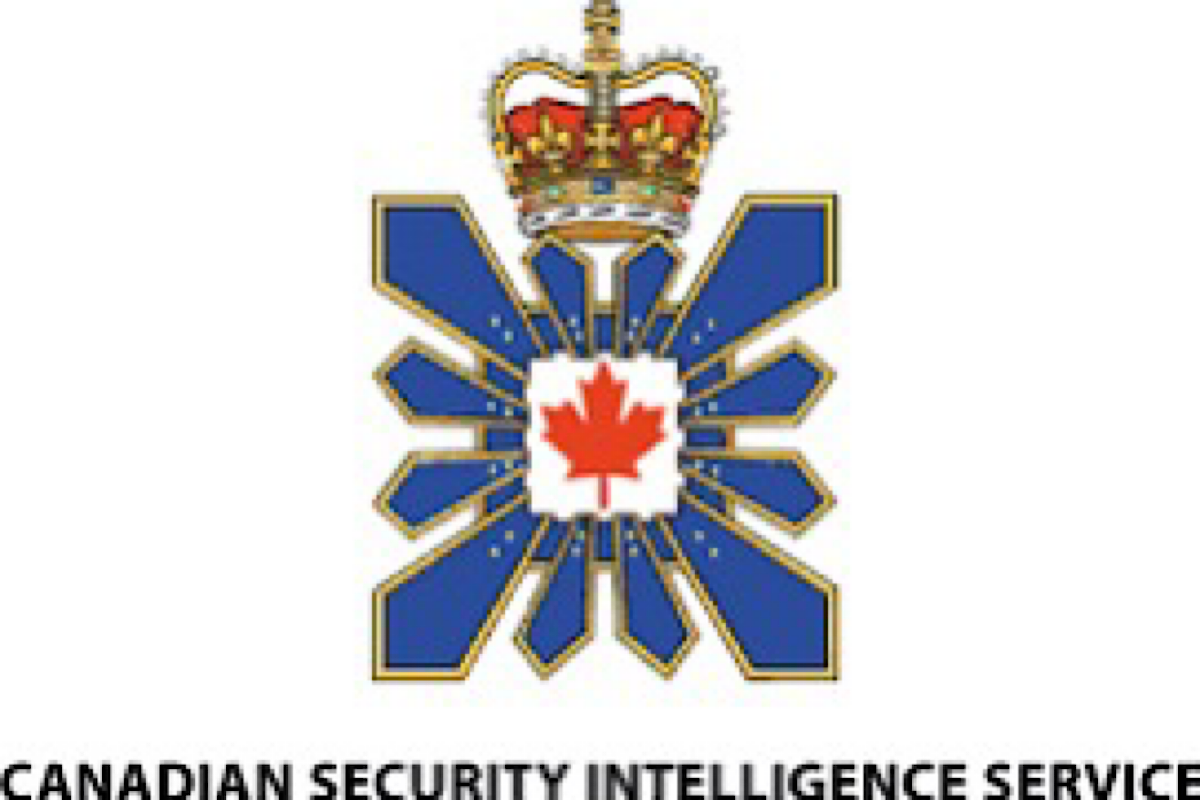Teen boy among three dead after stabbing in Canada
Three people, including one teenager, died after being stabbed during a fight in Montreal, Canada, two days ago, local media reported.
Recent revelations of persistent Chinese election meddling pose a serious threat to the integrity of Canada’s democratic process.

the Canadian Security Intelligence Service (photo: Wikipedia)
Recent revelations of persistent Chinese election meddling pose a serious threat to the integrity of Canada’s democratic process. The findings from Canada’s main spy agency, the Canadian Security Intelligence Service (CSIS), shed light on the covert efforts by Beijing to influence policy-making, academia, media, and all levels of government. This alarming disclosure underscores the urgent need for robust measures to safeguard Canadian democracy against foreign interference.
Election meddling, regardless of its origin, strikes at the heart of democratic principles by undermining the fundamental right of citizens to freely choose their leaders. The insidious tactics employed by foreign actors, including deceptive methods and attempts to sway public opinion, pose a grave risk to the sovereignty and autonomy of Canada. As a multicultural and diverse society, Canada must remain vigilant in defending against such threats to ensure that the voices of its citizens are not silenced or manipulated. The proposed draft legislation introduced by Prime Minister Justin Trudeau’s Liberal government represents a critical step towards countering foreign interference. The establishment of a registry for individuals lobbying on behalf of foreign entities and granting CSIS greater authority to share information with the public are crucial measures in enhancing transparency and accountability.
By bolstering its legal framework to detect and deter malicious activities, Canada can fortify the resilience of its democratic institutions. However, legislative action alone is insufficient without concerted efforts to address the underlying vulnerabilities that make Canada susceptible to foreign meddling. As CSIS Director David Vigneault aptly stated, Chinese efforts to steal technology are “mindboggling,” highlighting the multifaceted nature of the threat posed by authoritarian regimes. It is imperative for policymakers to adopt a comprehensive approach that encompasses cyber security measures, intelligence cooperation, and diplomatic engagement to confront the evolving challenges of the digital age. The opposition Conservative Party’s calls for stronger action against Chinese interference underscore the bipartisan consensus on the gravity of the situation. This is not a partisan issue but a collective imperative to defend Canadian sovereignty and democratic values against foreign aggression.
Advertisement
Mr Trudeau’s assertion that past elections were unaffected by Chinese meddling may offer reassurance, but complacency is not an option in the face of on-going threats. In response to the Chinese embassy’s denial of any interest in interfering in Canada’s internal affairs, it is essential for Canada to remain vigilant and steadfast in its commitment to upholding democratic norms and principles. Foreign adversaries may seek to exploit divisions within Canadian society and exploit vulnerabilities for their strategic gain. Therefore, unity, resilience, and vigilance are Canada’s strongest defences against the insidious threat of foreign election meddling. Safeguarding Canadian democracy requires a multifaceted approach that combines legislative action, public awareness, and international cooperation. By fortifying its defences and standing firm against external threats, Canada can uphold the integrity of its democratic process and ensure that the voices of Canadians are heard free from undue influence or manipulation.
Advertisement